The NATIV3 Guide to Successful Holiday Marketing

Halloween marks the beginning of the holiday season and the beginning of one of the most profitable opportunities for businesses to make significant marketing strides.
For folks new to digital marketing, undertaking a holiday campaign is a massive ask. But, for small businesses, it’s critical for garnering fans, increasing sales, and creating year-round customers who love your products.
While professional marketers are your best bet, not everyone has that kind of room in their budget. So, if you want to try your hand at holiday marketing until then, we’ve lined out a guide to simplify the process from start to finish.
1) Get Your Holiday-Themed Ducks in a Row
Before you even dip a toe into rolling out your holiday marketing strategy, you need to have a robust plan in place. Each and every aspect should be well-thought-out and prepared several weeks, if not several months, ahead of time.
To accomplish that lofty goal, you will need to understand how holiday marketing is different from typical marketing strategies. Otherwise, you’ll be wrapped up creating the same ol’, same ol’ instead of innovating for the unique consumer landscape of October through January.
Excellent holiday marketing is 100% dependent on the resources you’re willing to put into it, but coming into it ill-prepared is worse than not doing it at all. Throwing your budget, deals, and time into it half-baked will only result in an unfavorable ROI and a bad taste in your mouth.
If you’re not ready, don’t start this year. We’ll explain why that’s a good idea in our metrics section, but for now, let’s start with the planning.
Mark Your Calendar with Important Holidays
Start by getting dates on the calendar. That will inform your priorities and ensure that you’re taking advantage of all the holiday celebrations to reach out to your customers with your customized marketing strategy.
Eventually, you’ll pick and choose a few of these to focus on, but for now, be aware of all of the options:
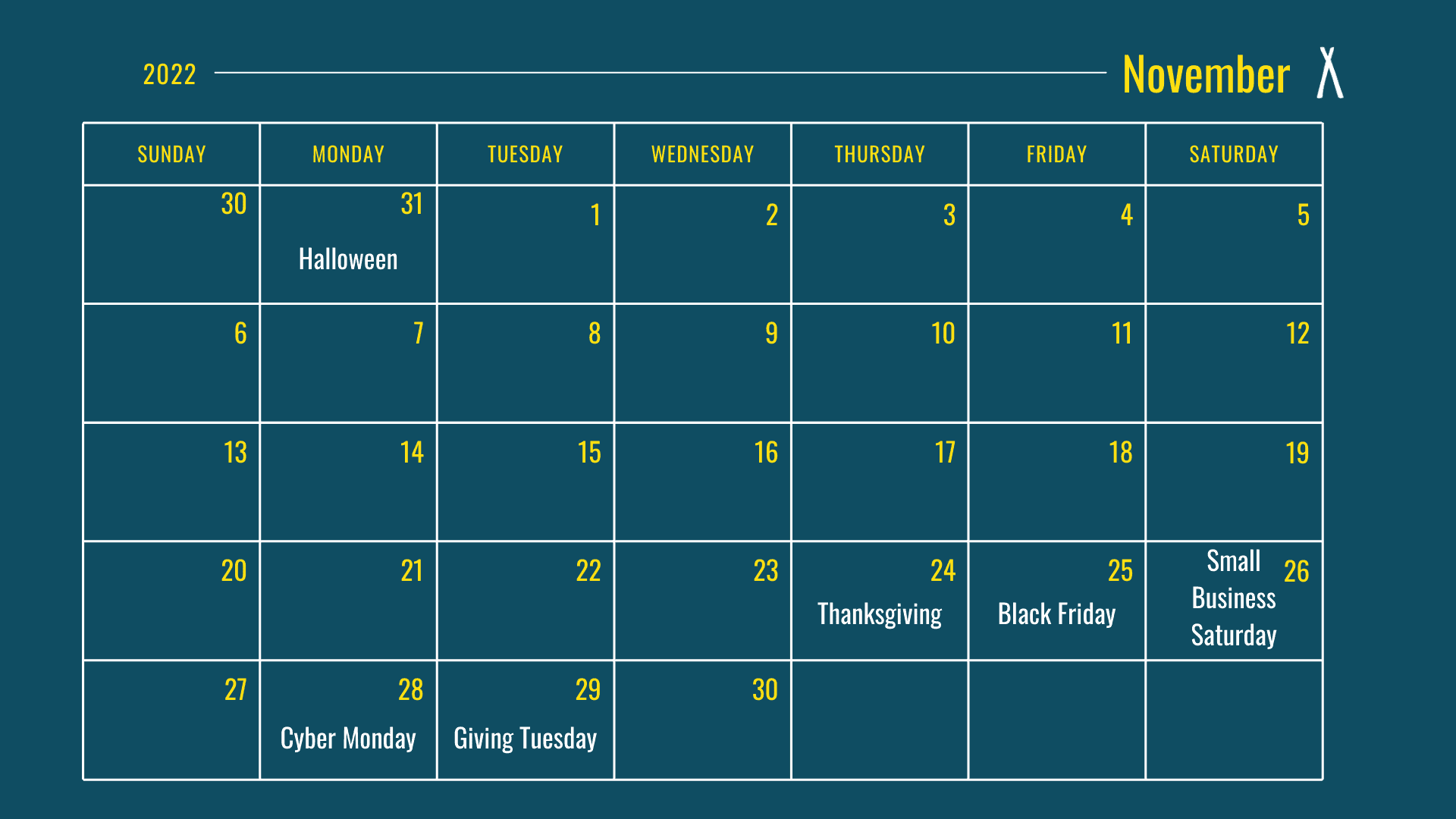
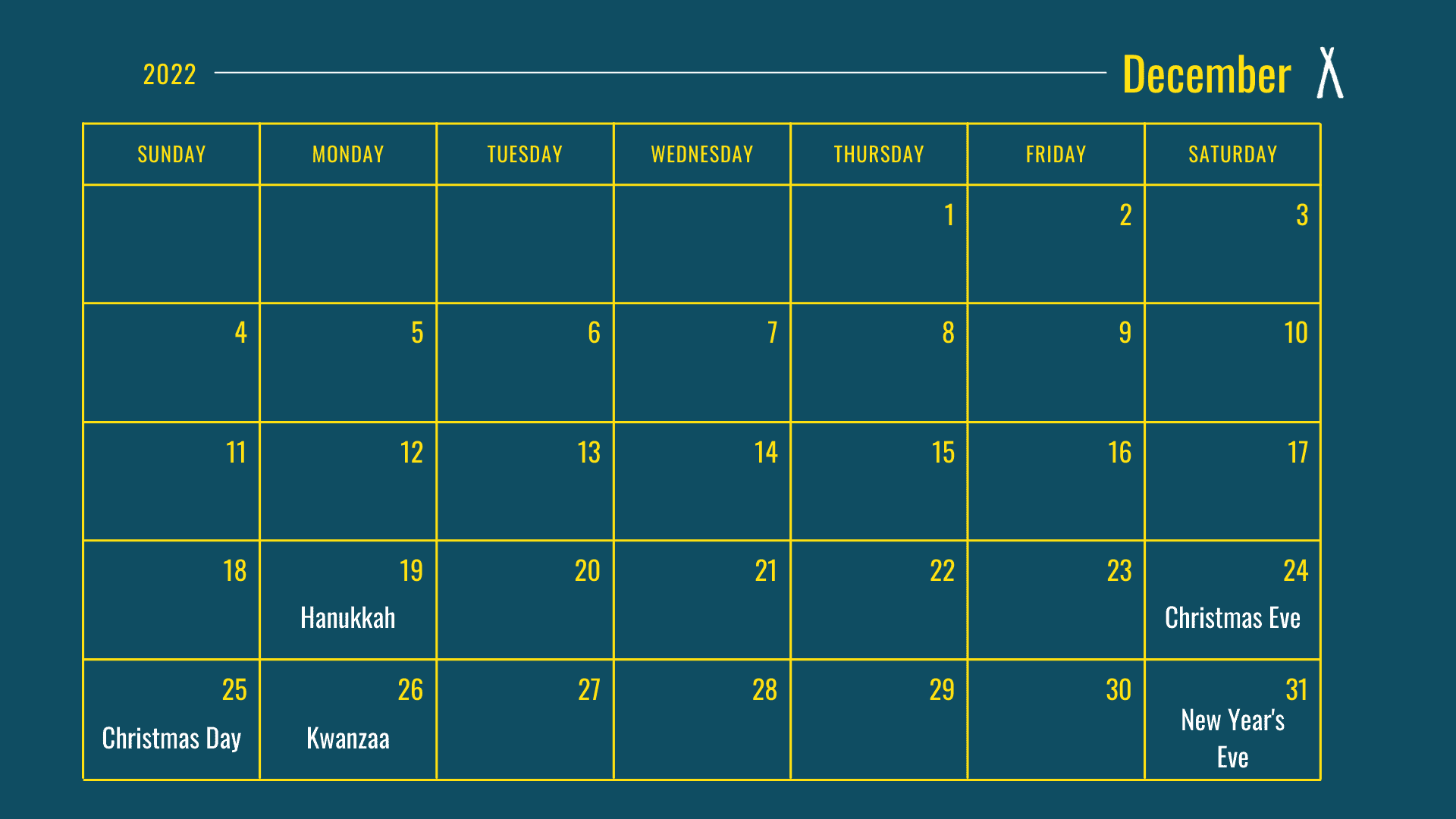
Set a Measurable Goal
What do you want to accomplish with your holiday marketing strategy?
It’s easy to say, “Make some money,” but that’s not specific or measurable enough. You can’t honestly know which of your approaches are effective if you aren’t measuring something consistently and with fidelity.
For example, if making some dosh is the top priority, how much would be reasonable? Are you tabulating your overall sales, overall profits, or your return on investment? Are you only considering a single, special offer or all products you have?
Here are a few ideas for goals and how to make them measurable:
- Generate 500 impressions on a Facebook post promoting our Black Friday sale by Thanksgiving Eve.
- We will gain 200 Instagram followers before December 1st with our “What Are You Thankful For” brand personality holiday campaign.
- Net 150 newsletter subscribers with a festive website landing page promoting holiday season coupons.
Delegate Tasks
You still have to run your business, so throwing your entire day into creating, posting, and tending to your holiday marketing isn’t going to work. That’s where delegation comes in.
Small business owners may not have as many hands on deck to divvy up the workload, but that doesn’t mean you have to take it all on yourself.
As you assess your resources and budget for the holiday season, set aside cash to invest in some jolly elves who will help run the show when you’ve got other things to do.
That could include an employee who’s excellent with Photoshop, a freelancer, or a full-scale marketing firm. The latter might not be possible the first few years you’re in business, but eventually, the ROI on your holiday marketing will help pay for itself.
2) Segment Your Audiences with Holiday Marketing in Mind
Now that you have a plan, it’s time to set it in motion.
Segmenting your audience allows you to tailor your holiday marketing in a way that makes the most meaningful impact on the people it’s intended for. Much of this has to do with age, but you should also consider race, religion, and geographical location.
Let Your Demographics Guide Your Resource Allotment
Before we move on, look over this summary of the 2015 Harris Poll study, “Americans Weigh In on Their Favorite Holiday, Most Anticipated Eats, and How They Wash It All Down.”
Keep in mind: The survey comprises 2,368 general population U.S. adults, along with representative oversamples of 511 Hispanic Americans and 179 Asian Americans who also took the survey online.
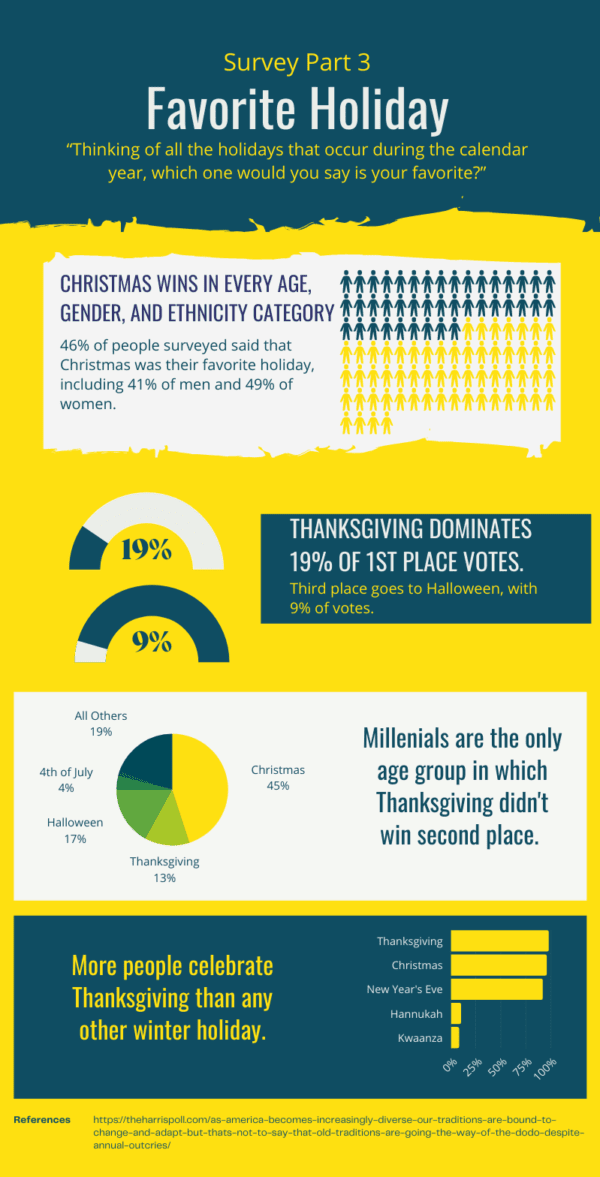
Some of these numbers may have adjusted in the six years since the study was conducted, but this is the most recent data available. The changes are likely statistically insignificant.
So, what does this data have to do with your holiday marketing strategy?
Take, for example, the third point.
While Christmas dominates as every age demographic’s favorite holiday, Thanksgiving takes the #2 spot in every other age range EXCEPT Millenials, who prefer Halloween.
If you primarily market to Millenials, you’d want to put more emphasis on the spooky season than Thanksgiving.
But, that doesn’t mean you should neglect all of the other holiday campaigns at your fingertips from the end of October to the start of January.
About the last data point, you can reach 98% of the population with Thanksgiving marketing, so marketing campaigns with the late November celebration are still relevant to your customers.
Appeal to the Niches
Casting a wide holiday marketing net is a good idea, but narrowing your focus to a particular niche works even better.
First, your competition pool is much smaller. All businesses will start planning their holiday marketing campaigns around the big days, like Christmas and the New Year.
Meanwhile, holidays like Russian Orthodox Christmas (12% of global Christians), Lunar New Year (3.8 million U.S. observers), and Loy Krathong (343,000 observers in the U.S. and 70,000,000 in Thailand) are largely neglected holiday marketing campaign options.
Second, niche marketing is much less expensive than mass marketing, particularly appealing for small business owners who are just dipping their toes in the holiday-themed reverie.
Finally, niche marketing opens up an incredible range of creative, eye-catching content. When so many businesses are pumping out ads relevant to the season, it can feel like there are no good ideas left for your holiday campaigns.
With niche marketing, there’s a good chance that the copy and images you create will be unique, thus having a more remarkable ability to stand out to your customer base.
3) Create Cheer While Remaining True to Your Brand
One of the most overwhelming pieces of holiday marketing for many brands is finding ways to weave in your personal messaging with traditional iconography and color palettes.
Not only is changing your branding for the holidays unnecessary, but it’s also potentially damaging to your customer relationships.
Maintain Standards and Guidelines
When you first opened your business’s doors, you probably spent a lot of time establishing a set of branding guidelines that would dictate the fonts, colors, logos, slogans, and images you would use.
When creating your holiday marketing material and content, don’t stray too far from the norm. Removing all of the “you” from your messaging will work against your goal of helping establish your brand as a household name.
Think about Coca-Cola’s iconic Christmas marketing– Santa, the red truck, the polar bear buddies.
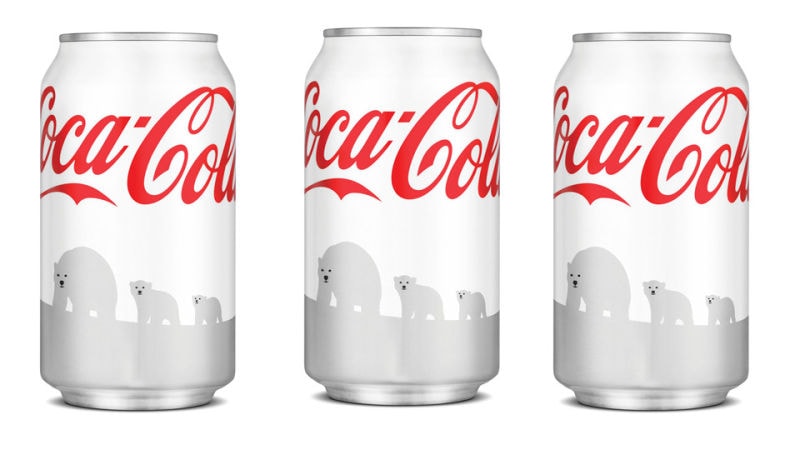
It was such a debacle that Coke put the white cans out of production two months before the original run-through date because of customer complaints.
One issue was that the cans were too similar to the silver Diet Coke cans, so people were slamming back a full-sugar soda before realizing it wasn’t what they thought.
It’s just one example amongst many holiday marketing attempts gone rogue, but the Starbucks red cup controversy of 2016 and the “buy your wife a Pelaton so you can watch her workout” ad of 2019.
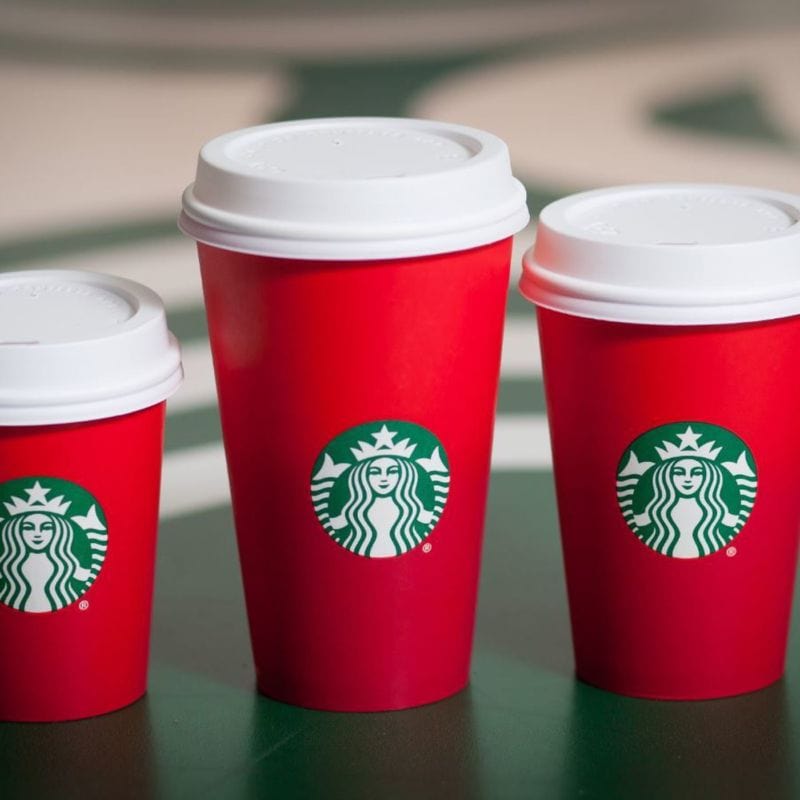
Depend on Value Instead of False Urgency
The holiday season is known for deep discounts on prices, many of which only come around this time of year. Yet, 31.7% of adults say that if they could eliminate one thing from the holidays, it would be Black Friday.
The stress of shopping often outweighs the deals, so it’s your job to make the process as pleasant as possible. If you create a feeling of false urgency, it’s going to repel customers who are looking for an easy decision.
If you want to retain existing brand loyalty and attract new customers to your site, use well-advertised, tempting offers instead of playing into the stress of the season.
4) Holiday Social Media Marketing Campaigns
Your social media channels are prime real estate to make your holiday marketing ideas come to life. The only problem is that it’s easy to get so wrapped up in running your business that sharing online can quickly fall to the wayside.
Get started planning your social media marketing posts for the entire season, then schedule them to auto-post throughout your holiday campaign.
Alternatively, you can work with professional marketers who can create and roll out your campaign for you while also tracking metrics and adjusting accordingly.
Know Where to Find Your Customers
Social media usage isn’t consistent across all demographics of customers. You’re much more likely to find Gen Z shoppers on Facebook than you are on LinkedIn, for example.
You should also think about what kind of device users are most likely to access the platform through. If it’s mobile, make sure that your holiday campaign marketing ads take advantage of CTAs that direct users to your app or mobile site.
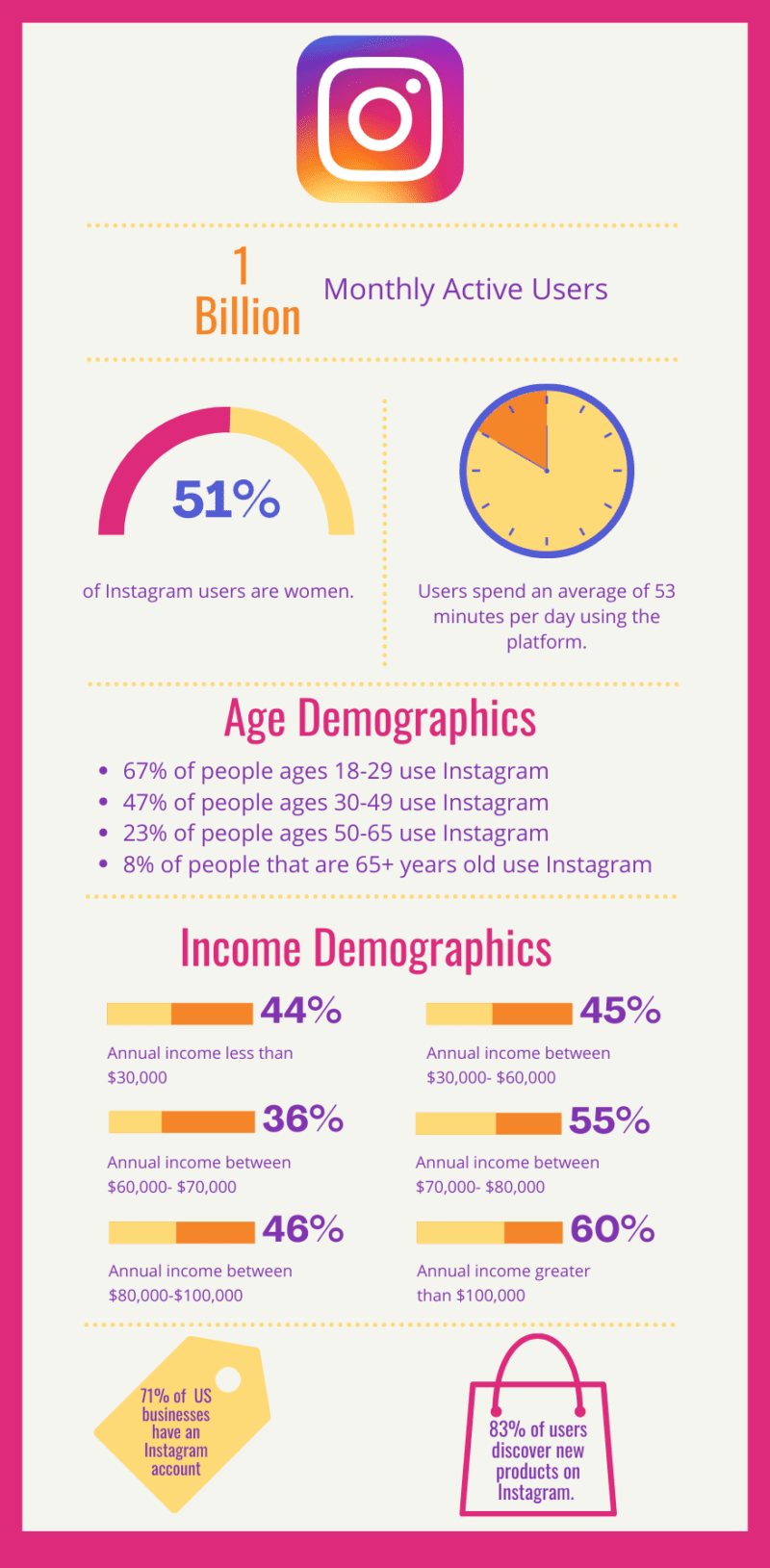
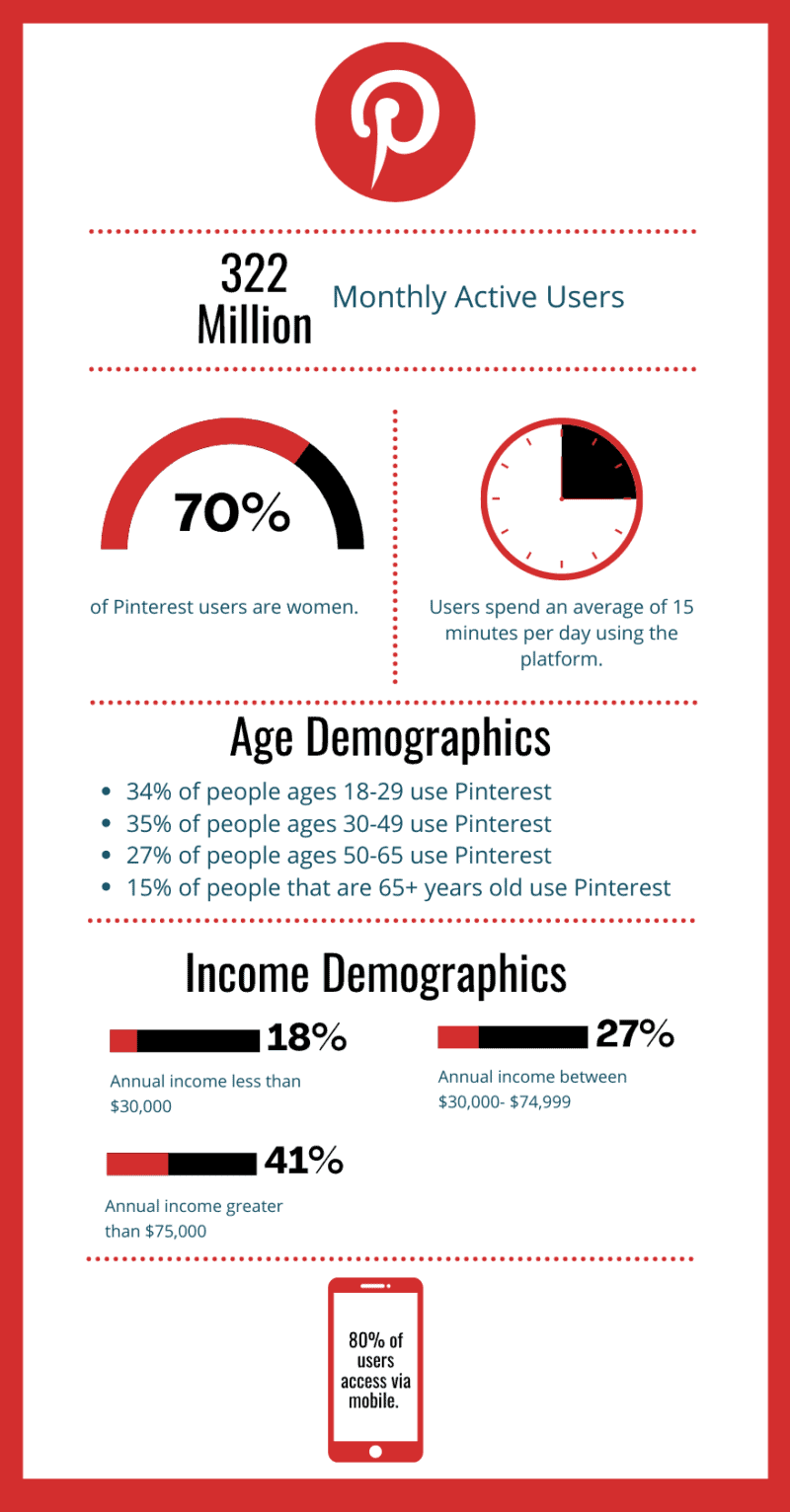
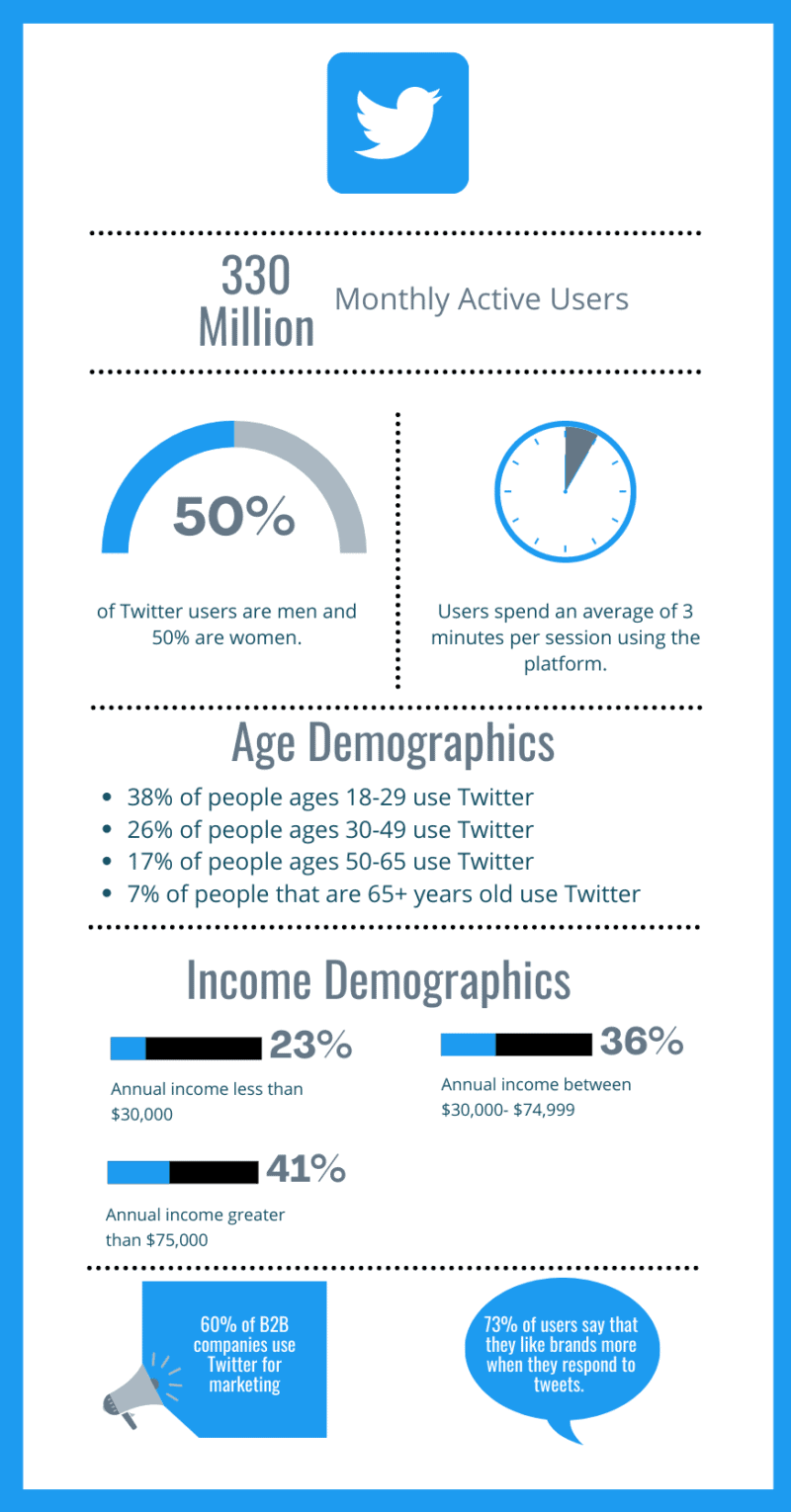
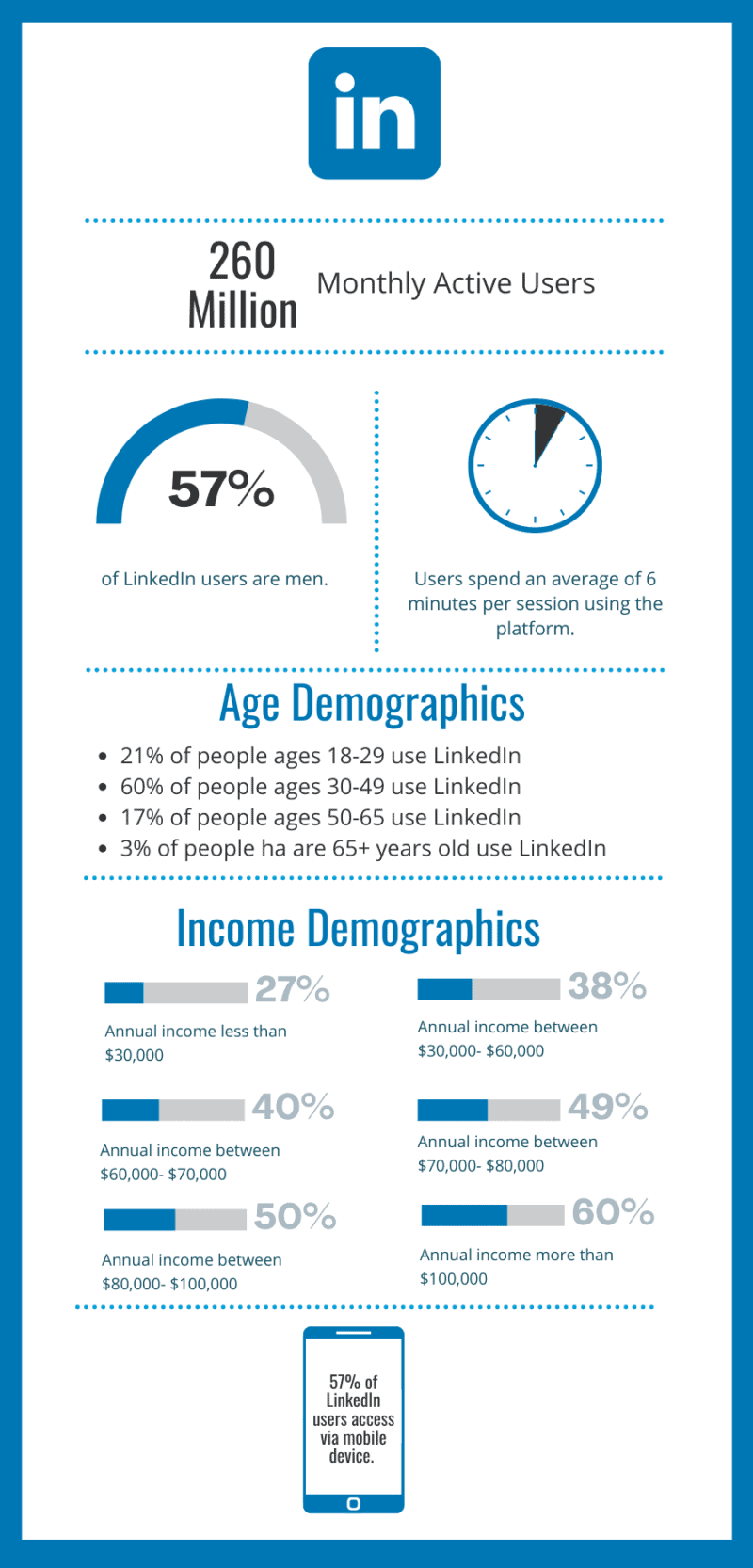
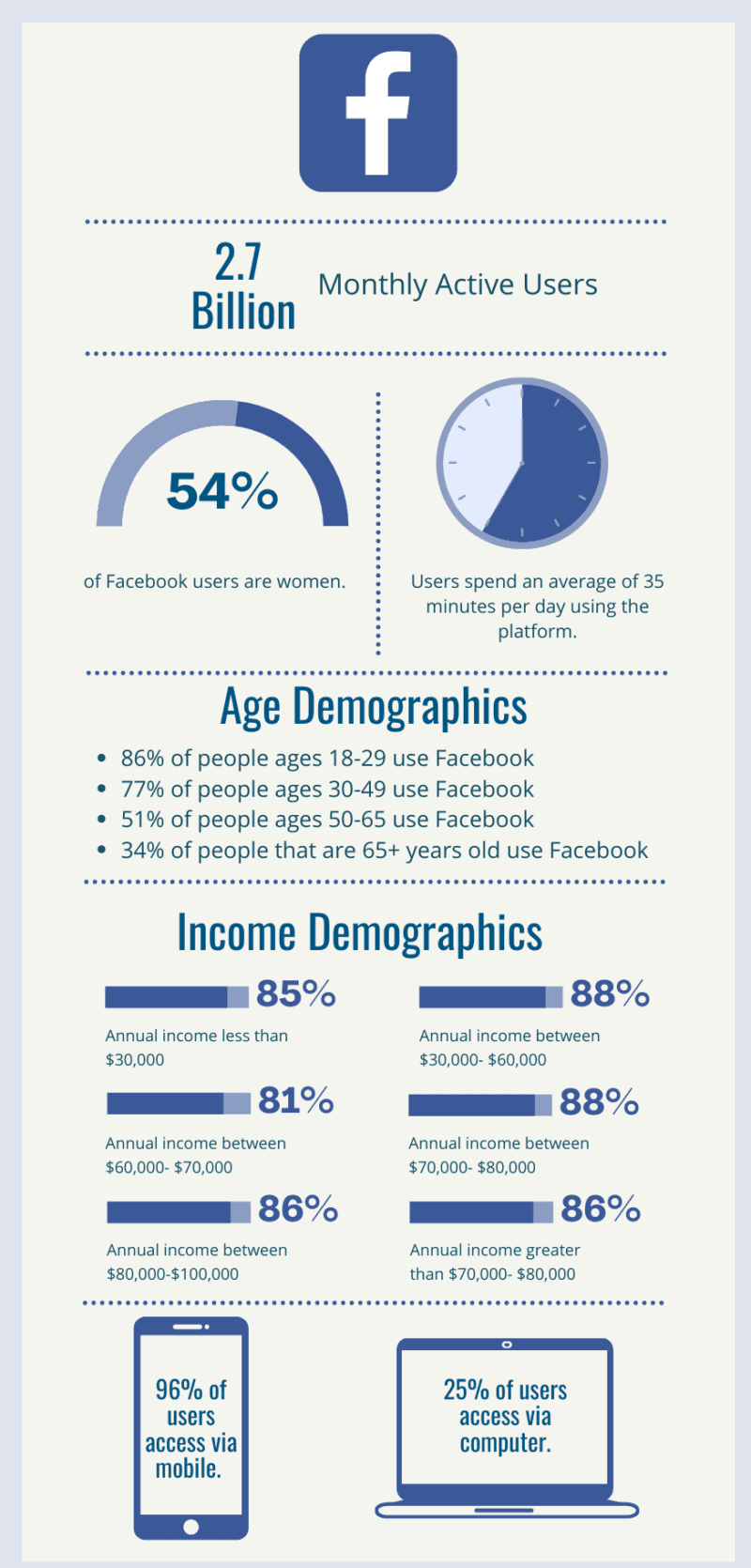
Create Assets for the Holidays
Make sure that beefing up your image game is a significant step in your holiday marketing campaign.
Visuals are absolutely essential if you want your audience to see your post. In fact, they receive 2.3x more engagement than posts that only consist of text.
Make them festive enough, and you might even score some free publicity as people share them with their family and friends.
Don’t be afraid to use an online graphic design tool. They’re faster, easier, and can spark creativity when you feel uninspired. Here are 5 of our favorites:
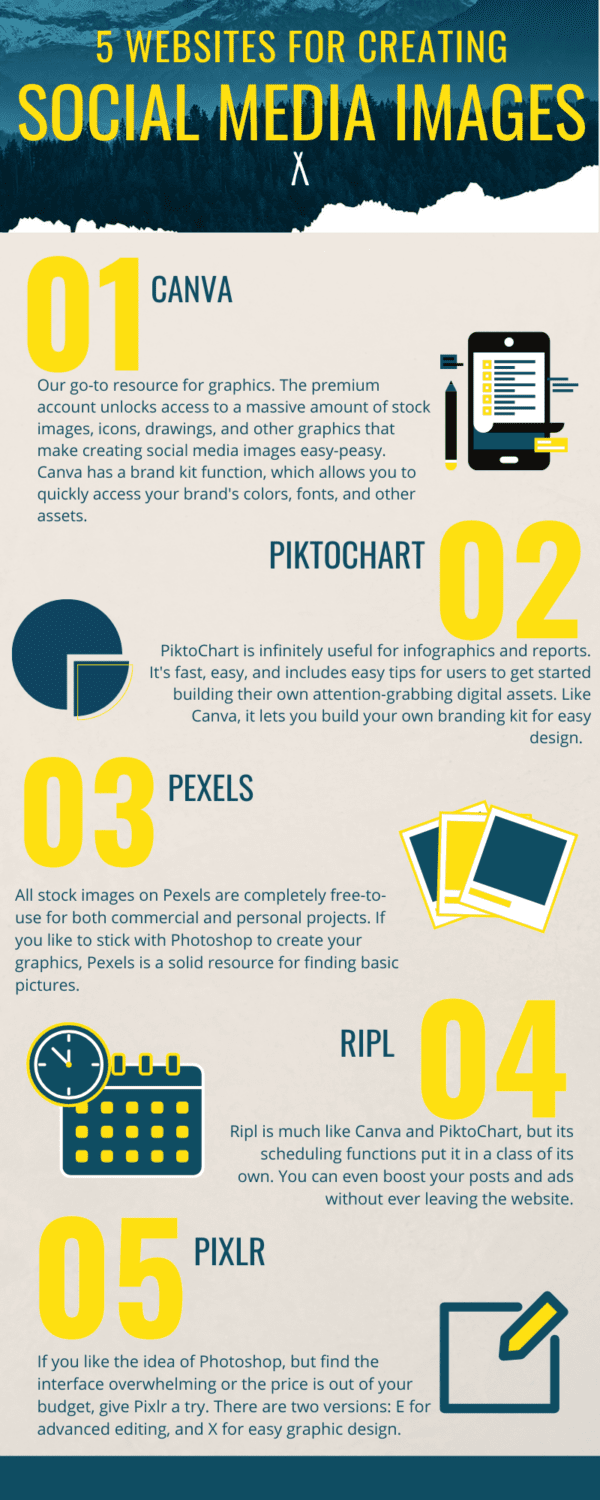
Optimize Posting Times
If you want scrollers to see your posts, you need to target your holiday marketing campaigns during peak hours for each platform. There is just too much post congestion across feeds and timelines for you to leave it up to chance.
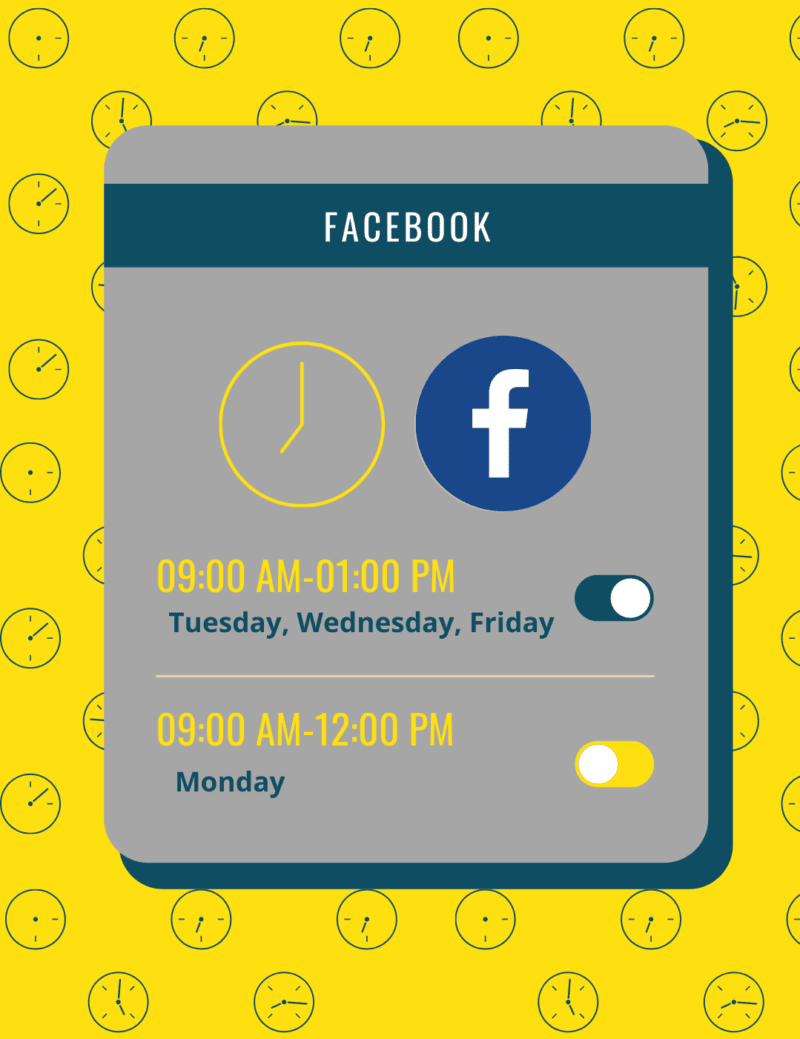
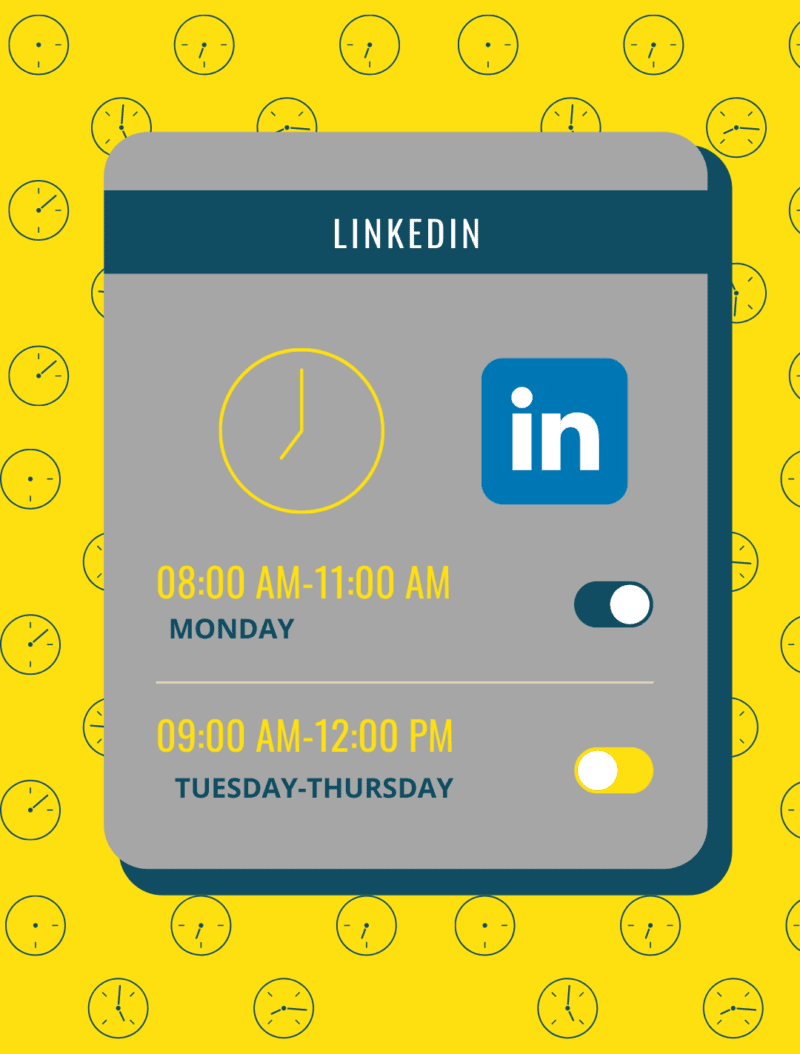
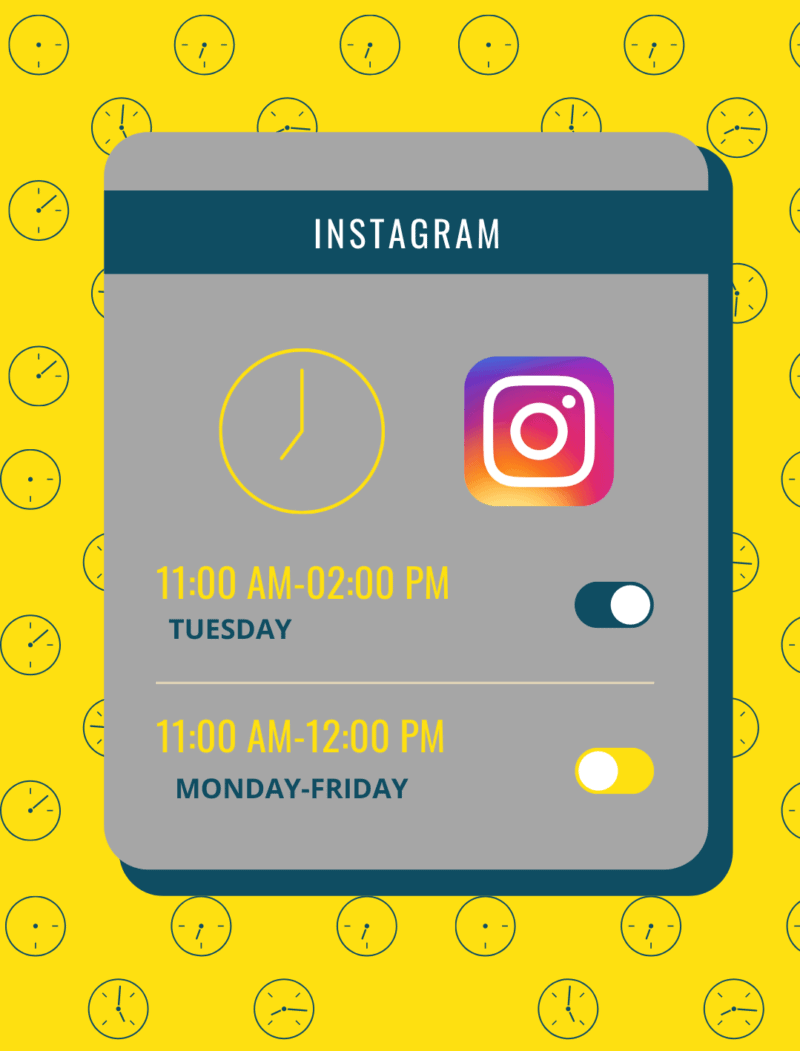
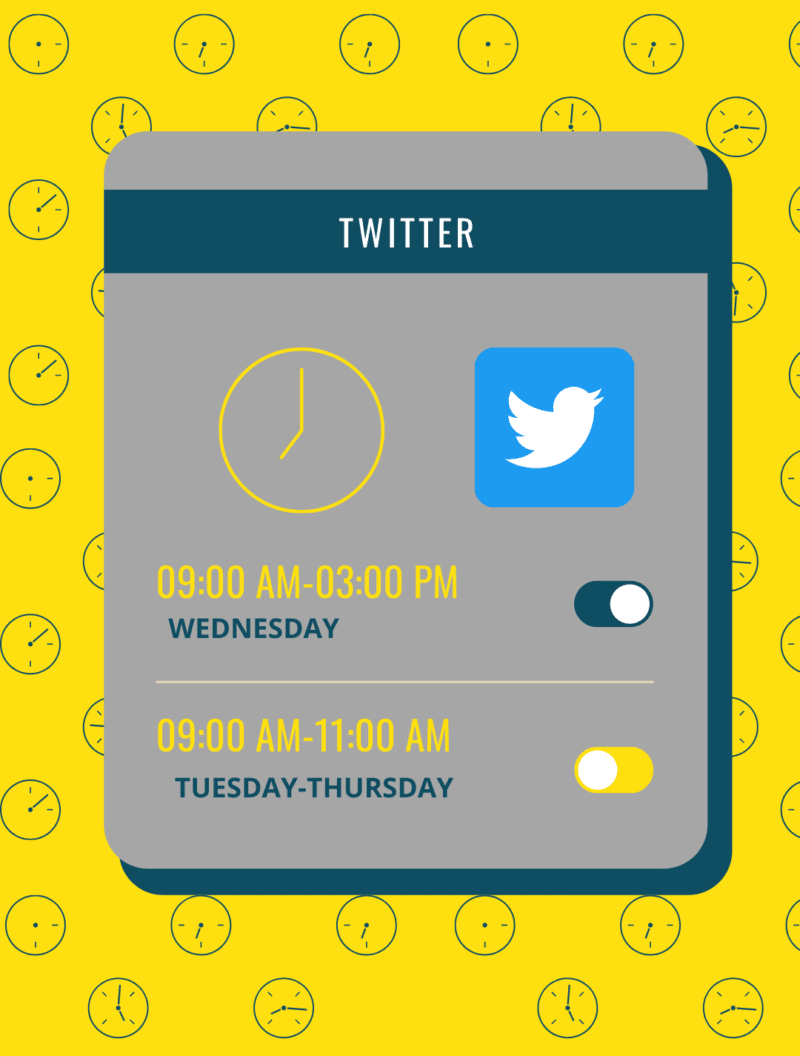
Create an Easy Way to Shop on Social
More than two-thirds of consumers look to social media while making a purchasing decision. Half of the surveyed shoppers turn to YouTube to research brands and products before checkout.
As far as actually completing the transaction, 18.3% of U.S. adults have purchased via Facebook, and 11.1% have purchased Instagram.
Consider making your social media channels a hub of holiday shopping, with boosted marketing content that shows consumers why your company is the place to find the perfect gift for a loved one, start their New Year’s on the right foot, or whatever it is that your brand has to offer your focus audience.
The easier the process from seeing the product to making the purchase, the greater your holiday sales.
5) Design a Holiday Email Marketing Strategy
Customers keep a keen eye on their email for brand deals, gifts, and free merchandise to save a couple of bucks on their Christmas shopping. Start planning the discounts you plan to offer current and new customers, any gifts with purchase, and written content that is designed to boost sales.
Get to the Point Faster
Your emails need to be snappy and attention-grabbing.
According to the Harvard Business Review, “The average person opens 20% of ‘permission mailers’ (e.g., newsletters) and spends 15-20 seconds reading each of these emails.”
That leaves your holiday marketing campaigns very little time to entice your audience to click through.
To alleviate that problem, make sure that your emails contain as little text as possible that still gets the message across. Draw your customers’ eyes with images, short videos, bright colors, and holiday season themes.
Don’t Neglect Your Current Customers.
If you’re more focused on getting new customers than you are sparking enthusiasm for shopping within your current pool of consumers, you may be blowing the budget on the wrong kind of holiday season campaign.
Don’t believe us?
Take a peek at these stats about customer retention vs. acquisition:
- Marketing to and onboarding a new customer costs five times more than retaining one.
- You have a 60-70% chance of a current customer making a purchase, while a new customer only has a 5-20% chance.
- Increasing your customer retention by 5% can increase profits up to 95%.
Email marketing is one of the most effective strategies for increasing sales for your preexisting shoppers. It comes with more than 4 billion users ready to embrace your holiday campaign with open wallets.
To catch the attention of your current customers, send out a personalized holiday greeting with a sizeable discount code attached or offer access to an exclusive pop-up sale of your best-selling products.
6) Encourage Holiday Shopping at Your Brick-and-Mortar
Shoppers love community businesses, as evidenced by the fact that 70% of Americans plan to support small shops during the holidays with a mix of online and in-store purchases.
Consumers are looking for some sense of normalcy while they shop. Now that pandemic restrictions are starting to ease, you can expect an uptick in Christmas foot traffic.
There’s never been a better time to establish yourself amongst treasured community brands.
Show your neighbors that you know how to deck the halls for the holidays, and welcome them to come by to enjoy a DIY winter wonderland.
As an example, you could consider:
- Baking (or purchasing) Christmas cookies for customers to munch while browsing.
- Hosting a Hannukah celebration.
- Inviting local talent to read a thematic book while parents shop.
- Organizing a charity drive for local shelters or food pantries.
- Gifting a cash donation based on a percentage of December sales.
- Offering free gift wrapping.
- Posting about perfect gifts for every family member on your social media channels.
7) Optimize Your Mobile App and Website for the Holiday Season
Spark delight, wonder, and maybe a few laughs by giving your website and app a holiday-themed makeover.
Add Seasonal Elements
There are virtually limitless options for jazzing up your website to show customers how excited you are for the holiday season.
It can be as simple as retaking staff photos with Santa hats or doing a complete thematic revamp just for the holidays.
Be Sure That Your Website is Mobile Responsive
Ecommerce revenue from mobile topped out at 39% in 2020, representing 4.5% growth since 2019. That’s incredible for small businesses, especially if they use geomarketing to their advantage.
There are a few enormous caveats to that, mostly focused on how you can expect visitors to react to your mobile site based on its usability and responsiveness:
Don’t Pass on Valuable Content Marketing
Creating content is time-consuming and overwhelming, especially for small businesses that often do not have the resources available for in-house writers.
During this time of the year, your customers are taking time to read gift reviews, recommendations, and input from the online community. By sharing that information through video, image, and text content excitingly and engagingly, you can drive traffic to your website.
Traffic on your website = more sales.
8) Holiday Hashtags
Hashtags let you share your social media content with social media users interested in the specific topics attached to those tags. It’s a handy way to filter the overwhelming amount of online information and can serve as a marketing tool that lets you reach a particular audience.
One key benefit of hashtags is that once a browser clicks on that tag, they’re more likely to spend some time scrolling through other content that features it. That means that you don’t have to be a widespread brand to establish yourself as a participant in the conversation that hashtags create.
Find Your Niche
A Hootsuite article cited that the top 10 Instagram hashtags in July 2021 included:
- #love (1.835B)
- #instagood (1.150B)
- #fashion (812.7M)
- #photooftheday (797.3M)
- #beautiful (661.0M)
- #art (649.9M)
- #photography (583.1M)
- #happy (578.8M)
- #picoftheday (570.8M)
- #cute (569.1M)
While those tags have the most traction, that’s not necessarily a good thing. If you’re competing with BILLIONS of other posts, the likelihood of being noticed is razor-thin.
Instead, focus on your industry. Be specific enough to be seen by the people searching for the products and services you offer.
That rule becomes a little more flexible during the holidays. Seasonal words will have a vast upwards trajectory from November to January, so leverage that temporary attention grabber on your posts.
5 Key Hashtag Rules to Keep in Mind:
- Leave out any spaces, punctuation, or special characters. Letters and numbers, only.
- Keep an eye on trending tags, but remember that you don’t have to opinion or post about everything. If there’s a natural way for you to use it, go forth! If it’s on-brand, proceed! Otherwise, don’t stress about hopping on every tag train.
- Use humor and wordplay, but keep the length limited. The longer the hashtag, the harder it is to read.
- Don’t overuse hashtags on particular platforms, or you’ll risk your brand looking spammy. For Facebook, Twitter, and LinkedIn, stick with 1 or 2. On Instagram, it’s acceptable to use up to 10.
- Hashtag research should be a regular part of your social media campaign strategies. That goes double for the holiday season. Split your research by platform, and change things up depending on where you’re posting.
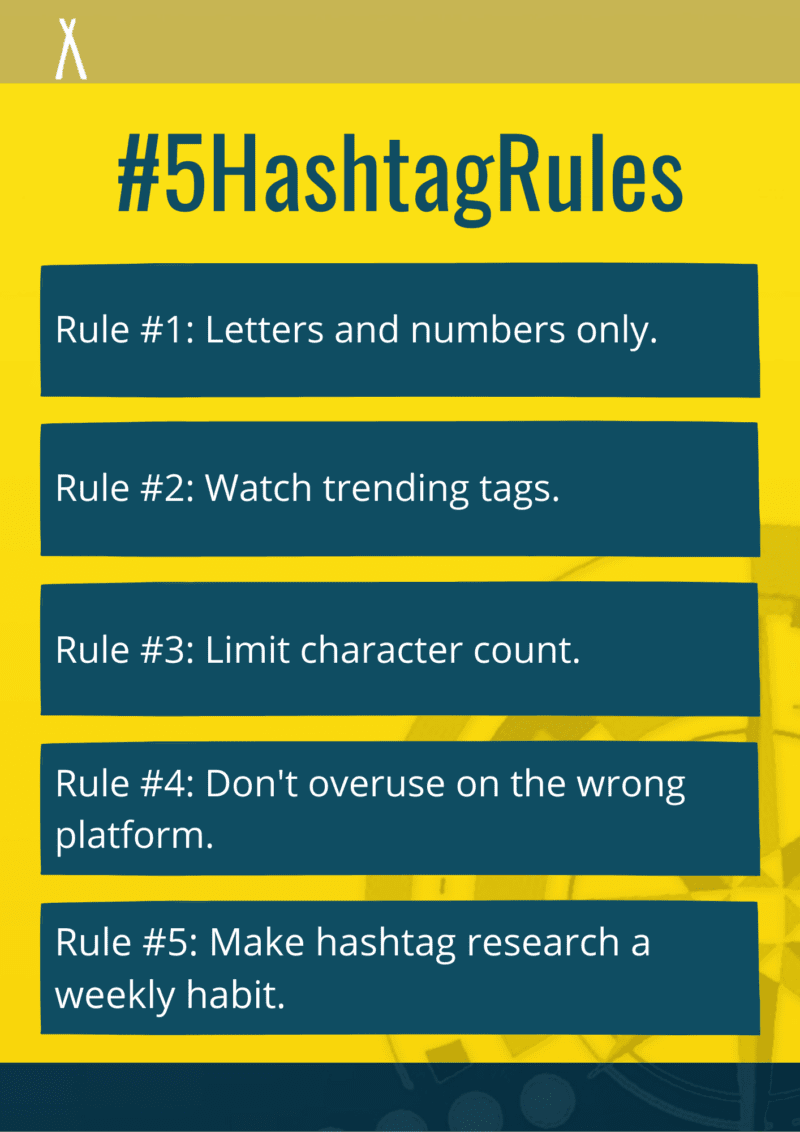
9) Measure Holiday Marketing Campaign Metrics
Google Analytics is absolutely invaluable for businesses that want to market effectively. Brands should glean as much valuable information as they can from a campaign and then shape their marketing throughout the entire year.
You can get started by signing up with Google Analytics, which provides critical feedback about campaign-related metrics that matter most to you.
Most Common On-Site Search Terms
Want to know what kinds of products your customers are looking for on your website? Start by tracking the most common terms visitors type into your on-site search bar.
As you notice trends in product interest, adjust your marketing to promote that particular item. Start with a boosted post on Facebook or email blast that includes customer feedback about why they chose your brand for their holiday gifts.
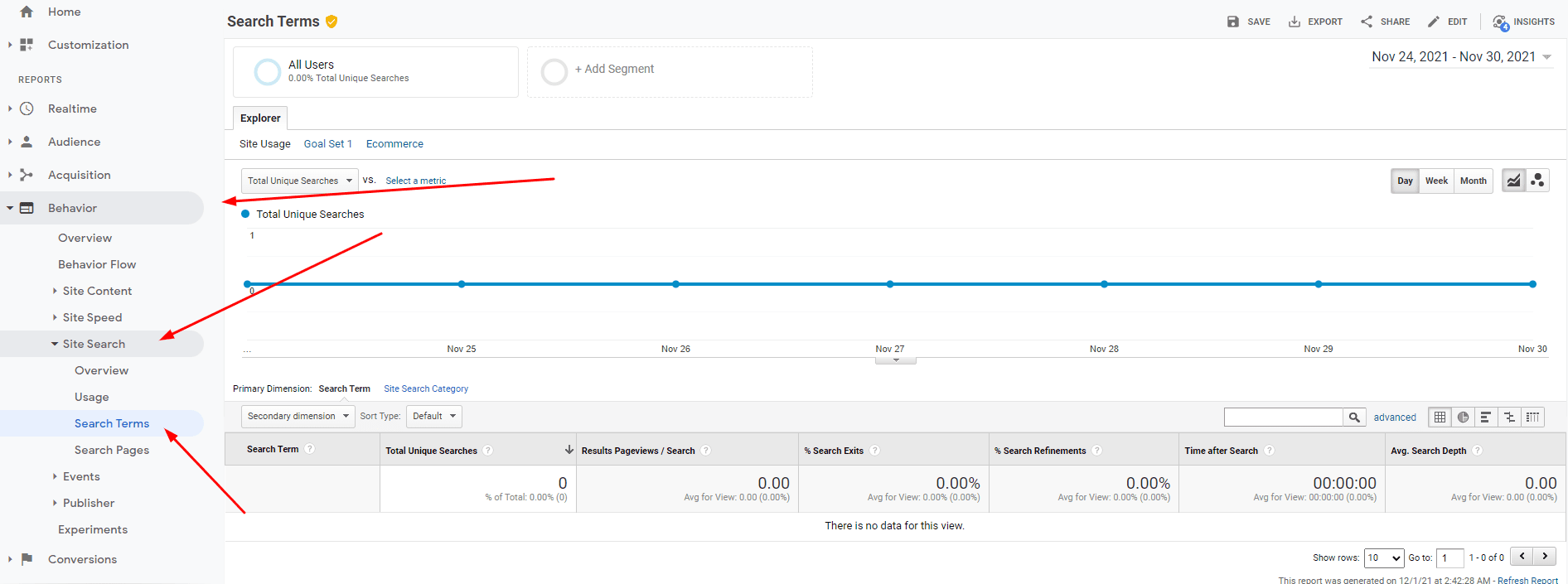
Average Order Value
AOV has tremendous value for comparing customer behavior during a particular campaign to other marketing content throughout the year.
Monitor the times when total purchase amounts rise and fall, review the offers and marketing you were running at that time and come up with examples of strategies that correlate with increases in sales.

Click-Through-Rate on Your Ads and Emails
Your emails and ads exist to direct customers from their inbox or social media feed to your website. Click-through-rate reveals how effective any piece of content is at doing that job.
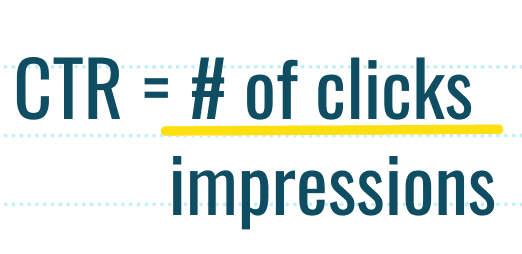
Return on Investment
Determine whether your marketing efforts were worth the investment by calculating your ROI. You are bleeding company funds if a campaign isn’t increasing sales and you’re still spending money on it.
Instead, find the pieces of content marketing, video, ads, emails, and posts that net you the highest ROI and try to replicate that success across the channels where it was most effective.

10) Holiday Marketing Mistakes to Avoid
Not all campaigns are created equal. While you should undoubtedly try a variety of tips and strategies, avoid making these common holiday marketing mistakes:
Sending Too Many Emails
Sixty-one percent of email users say they’ll unsubscribe from marketing lists if they receive too many messages.
That means you have to find the email marketing sweet spot that captures your audience’s attention without being overbearing.
Go for quality over quantity with short subject lines, relevant content, and value-added offers.
For context, most customers (86%) want to see promotions at least once a month, 62% say they would be comfortable with once a week, and 15% are interested in daily contact.
Focusing on Campaign Strategy
The use of a single marketing tactic limits your potential customer reach and reduces the number of resources you have to express your creativity. Use the holiday season to try other alternatives you haven’t considered.
For example, if you haven’t done so yet, try posting your products on the native Instagram and Facebook shops for quick customer access to your irresistible deals.
Last-Minute Planning
If you tend towards last-minute shopping, you may be surprised to find out that 66% of customers plan on buying gifts as early as Thanksgiving weekend.
One common mistake that stores make during the holidays is late planning. To reach those early holiday shoppers, you should plan accordingly and start rolling out your marketing long before the big day arrives.
Not Understanding Your Buyer Personas
The best advice for every business is to listen to your customers. They know what they want, showing it to you through their interactions with your company.
That’s why buyer personas are so crucial to effective marketing. A comprehensive strategy orbit around the customer wants and needs you have already defined in your personas.
If you don’t have buyer personas, check out our tips on free templates and resources you can use to build them.
How Can We Help Your Business Grow This Holiday Season?
Holiday marketing on your mind? Not sure where to start?
You have a prime opportunity to start working towards a beautiful strategy by the time Halloween 2022 rolls around.
Spend this year monitoring the holiday content that catches your eye and saving it in a folder for inspiration.
Then, next year, you have a considerable repertoire of DIY inspiration or references for your pro marketing team.
NATIV3 can set you up for marketing success, creating a comprehensive strategy that hits the mark long after New Year’s Day. Let’s chat about your goals today, and we’ll begin our work crafting a custom never-cookie-cutter method that accelerates your growth.